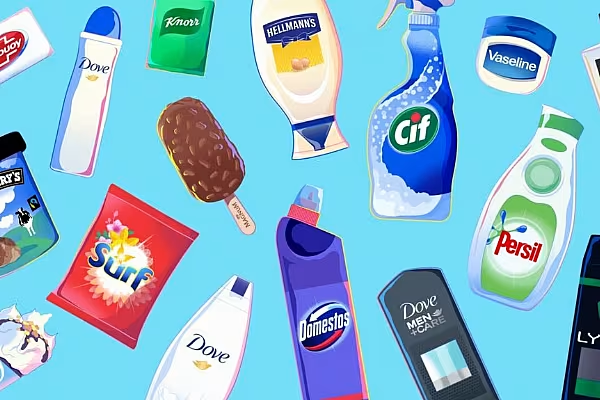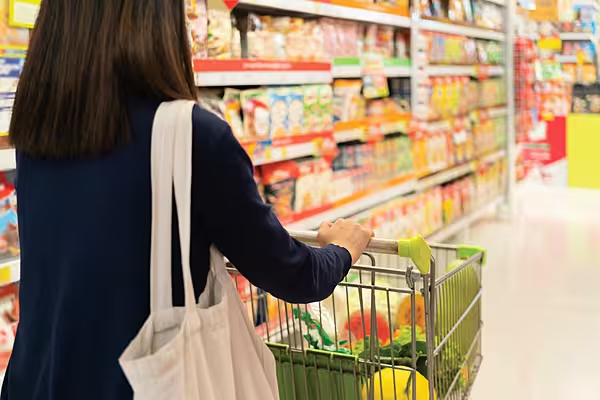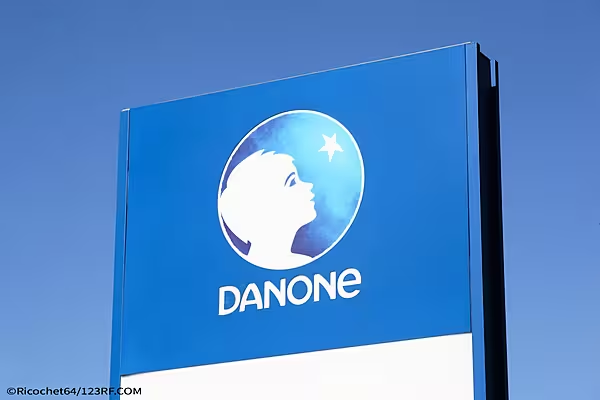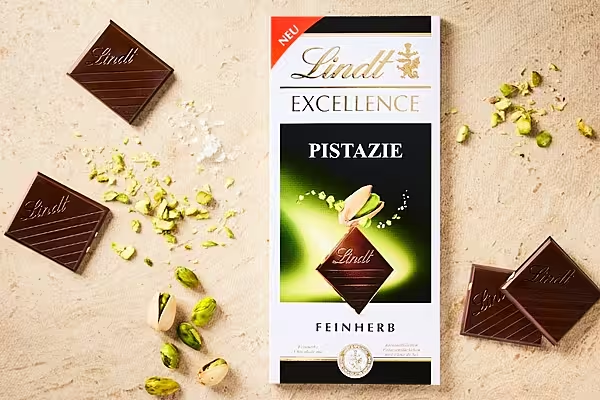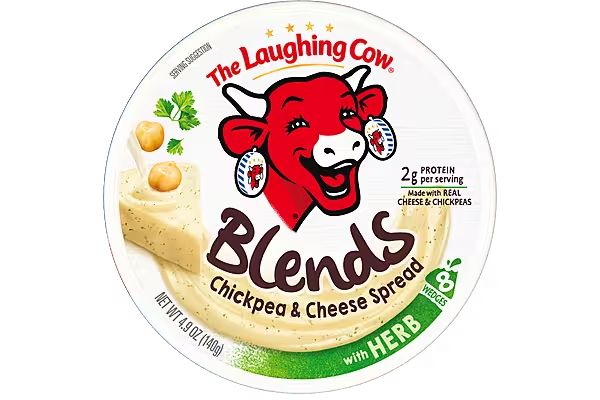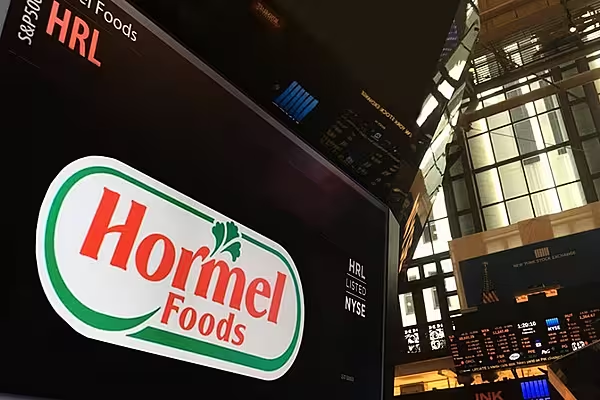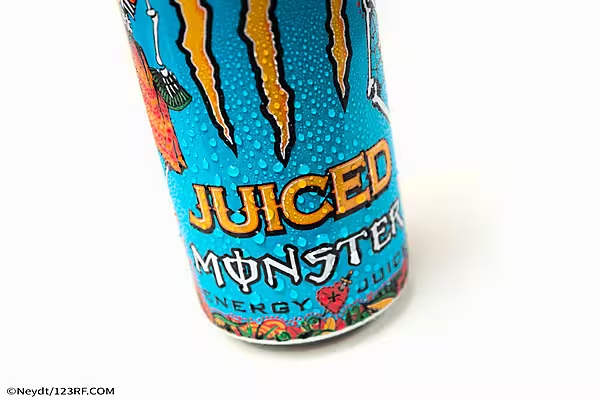Unilever has reported underlying sales growth of 9.1% in the first half of its financial year, driven by a 9.4% increase in price. Volumes were down 0.2% in the period.
“This opportunity to step up our performance and unlock our full potential makes it an exciting time to lead Unilever," commented newly-appointed CEO Hein Schumacher.
Here's how leading industry analysts from AJ Bell, Wealth Club, Bernstein and Barclays viewed its performance.
Danni Hewson, AJ Bell
“Decent headline sales growth across the business and an improvement in operating profit, operating margin and free cash flow helped to drive a 5% spike in Unilever’s share price at the market open. That was one of its strongest sessions on the stock market in a long time, helped by quarterly sales beating estimates. But dig deeper and there are several reasons not to get carried away.
“First, group sales growth has come entirely from putting up prices, not shifting more units of products. The sign of a good business is one that can grow prices and volumes. Unilever’s group volumes actually declined in both the first and second quarter periods.
“Second, chief executive Hein Schumacher is still new in the role and it’s easy to get excited when a new leader delivers messages of optimism.
“He talks about bringing greater focus, sharper execution and a simplified operating model. We’ve heard all of this before and the proof of the pudding will be in the execution, not simply sweet-talking investors into thinking a new CEO automatically equates to greater success.”
Charlie Huggins, Wealth Club
“These results from Unilever are solid but uninspiring. Despite significant price increases, Unilever has managed to maintain broadly flat volumes. This is a clear positive and suggests Unilever's brands continue to attract a loyal following. The other piece of good news is Unilever upping its full year sales guidance to 'above 5%' and reiterating that operating margins will improve slightly, despite cost pressures.
"The question is - should Unilever be doing better? The answer is almost certainly yes.
"There are two big priorities for new CEO Hein Schumacher. Get margins back up to where they were pre-pandemic. And tackle the underperforming parts of the portfolio, especially Europe, to improve brand competitiveness and sales growth. In Schumacher's own words this will require "greater focus and sharper execution" which is much easier to say on paper than to do in practice."
Maria Meiță, Bernstein
"Unilever’s 1H23 results saw a solid beat across segments. Organic growth +7.9% v 6.2%. Vols were flat, -0.3%, while prices were +8.2%. Margin beat on price and cost savings. Guidance has been raised to 'above 5%' (previously 3% to 5%). Beauty & Wellbeing saw the best volume growth across the group (+4.9%), driven by prestige beauty and health – a positive read-across to L’Oréal, Beiersdorf and Reckitt.
"Personal care was the only other positive growth category, while the rest were driven mainly by pricing – a negative for the likes of Danone, Henkel and Nestlé. Of note was the strong performance of the 2Q23 Americas with +9.5% organic growth (vs. +5.8% consensus), pricing at +6.4% (vs. consensus at +7.4%) and volumes at +2.9% (vs. consensus at -1.5%)."
Warren Ackerman, Barclays
"The shape of Q2 is positive with improving margin performance, softening NMI guidance for 2H23, and strong beat by both Beauty & Wellbeing and Personal Care. Almost 5% vol/mix growth in Beauty and Wellbeing is a positive sign and encouraging.
"Despite better-than-expected volume/mix at -0.3% (90bp ahead), we would flag volume declines in Home Care -2.1%, Nutrition -2.6%, and Ice Cream -5.8% in Q2. While we take their business winning market share with a pinch of salt, it has notably fallen to 41% reflecting pricing dynamics and consumer shifts in certain market, and it also reflects the impact of a 17% SKU reduction.
"This impact would include their Tea and Laundry value segments in India and Brazil respectively, and super-premium segments in Personal Care North America. We would like to understand how much of the 41% figure is SKU cuts vs. elasticity vs. consumer channel shift. Some bears may try and pick holes in this but if Unilever can keep vol/mix almost flat with only 41% of portfolio taking share, we would flip it around and say what will vol/mix look like when its percentage winning share returns to >50%.
"We would flag that Unilever’s billion+ Euro brands continued to drive the portfolio forward, accounting for 55% of group, while delivering underlying sales growth of 10.8%, led by strong performances from Rexona, Hellmann’s, OMO, Sunsilk and Lux. We think this is a good start for Hein Schumacher as CEO."
